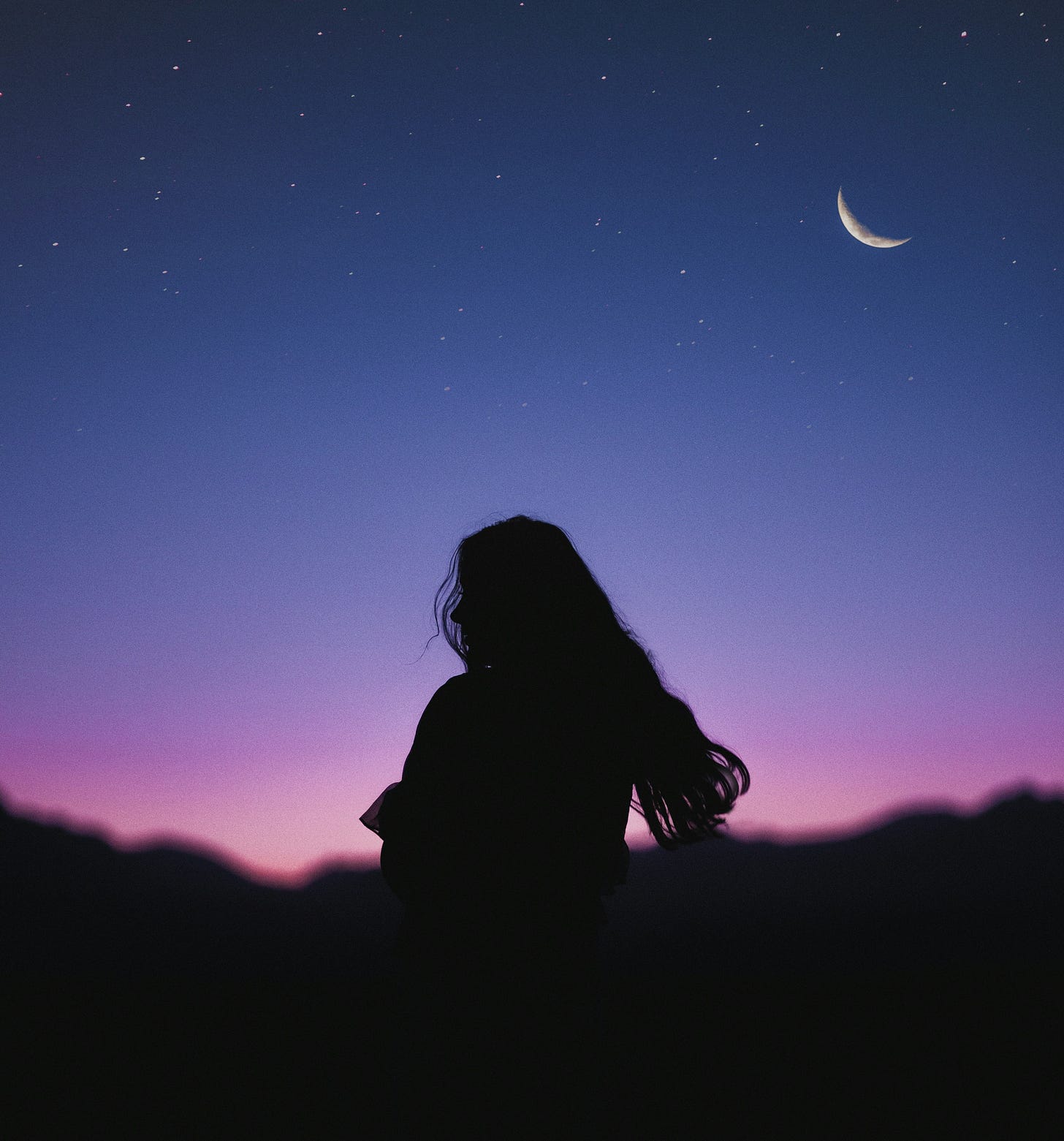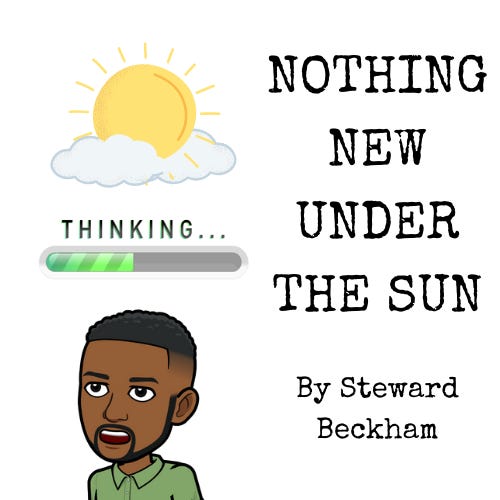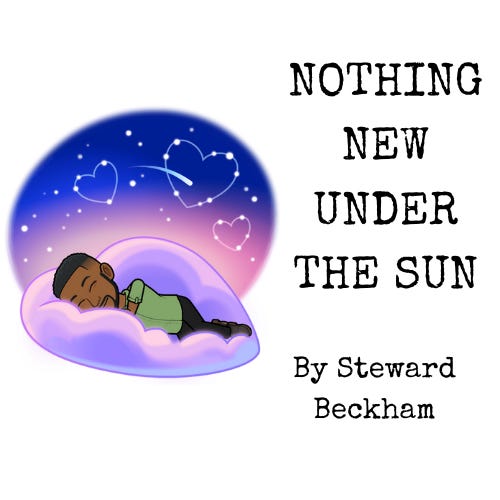Reader Note: Starting this month, two of my Monday posts will be for paid subscribers only. These pieces will be deeply researched, where I challenge my own priors in an effort to normalize intellectual growth, curiosity, and the necessary work of identifying our blind spots. My goal is to foster a space where we engage with complexity—not for the sake of ‘winning’ an argument, but for the sake of genuine understanding.
Next week, I’ll be examining where the conversation on race in America may have taken a wrong turn. As crude demagoguery becomes hypernormalized and young African Americans grow increasingly disconnected from the solidarity of the 20th-century Black experience, what happens to the frameworks that once shaped racial discourse? Have they evolved, or have they stalled? That’s where I’ll begin next Monday—hope you’ll join me.

My high school humanities classroom was the kind of environment that a history and literature dork fascinated by the transformations of the 1960s would thrive in.
A large Jim Morrison poster loomed over my seat, the front right corner due to my last name being Beckham. One day in class, our teacher showed us a documentary from 2004 that I will never forget: The Power of Nightmares by Adam Curtis.
Curtis lays out two worlds: one shaped by radicalized believers, the other by cynical architects of empire. Both feared that the people they sought to save had been seduced by comfort, by decadence, by the slow, creeping rot of individual desire. And so they set out to forge something stronger—a grand purpose, a shared struggle, a nightmare vivid enough to pull people away from their drifting, lonely lives.
It worked.
Nightmares are an organizing principle for movement leaders and politicians when fear seems to be the only animating emotion. From nebulous wars against large concepts to the idea of an elusive foreign entity corroding one’s personal vision of an ideal homeland, these fear-based visions have defined the modern world.
Nightmares give clarity, mission, a reason to be.
They teach us to fear the quiet because, in stillness, there is no control. No imposed meaning. No righteous war to fight, no empire to build, no enemy to conquer. Just ourselves and the uneasy, unstructured hum of our own thoughts.
But then, what about daydreams?
Daydreams are the fuel for inspiration.
They are the cloud of untapped worlds floating above our mind space.
I was once a daydreamer. Sitting in the back of cars, staring out of a foggy window, lying in bed before I fell into deep sleep. I would daydream that I had supernatural gifts, superpowers, or that I could be transported to different times and places. Daydreams told stories, and they provided the energy to create new stories.
The older I became, the less I daydreamed. The stories of our real world became powerful dictators of our environment, fascinating fairy tales of our habitual development, and marketing tools of earthly gods, consistently presenting new commandments to a lost world.
Now, pocket-sized computers and an endless stream of content dream for us.
Mass media saturation demands we surrender our imaginations, staying tethered to the endless shifts of a feed, a trend, a fleeting social moment.
But that is not what the humanities taught me. The love of reading, uncovering the tales of time, and diagnosing the human condition was built on daydreams. The foundation required quiet moments of refuge, or the symbolism of fantasy realms acting as a North Star for deeper truths.
In a world built more and more for efficiency and technological certainty over abstract unease, we become afraid to think and afraid to daydream. A world of limits forms as we are told what to desire, what to watch, what to believe, and what is beautiful.
Now, we live in a constant nightmare instead of a developing dream.
But when we step back to experience quiet and construct our inner world, we develop empathy for the inner worlds of others—whether we believe another’s world to be limited or masterfully blueprinted. We build empathy. It’s the most personal thing we can create, and we learn to respect what others have built.
That is the beauty of the humanities—we learn to love humanity.
We learn to love daydreaming, not as a form of childish escape but as an entry into the hearts of others, the clouds of our inner world, and the beauty of the human experience.
I wonder if our dreams collided—if everyone in the world took the exact same 30 minutes to collectively daydream in a synchronous movement that connects all of our inner worlds like one global chain of spiritual connection. Our souls would touch, our inner warmth would thaw our collective shiver, and our minds would link under one flag of understanding and humanistic vulnerability.








This is off topic, but I just received this in my email:
The iconic photograph from 1945 by Joe Rosenthal of the Associated Press of U.S. Marines of the 28th Regiment, 5th Division, raising the American flag atop Mt. Suribachi, Iwo Jima, sat for years on a Pentagon web page honoring the contributions of Native Americans who served in World War II.
Earlier the Air Farce removed, then replaced, the Tuskogee Airmen,
But it has hit home this "war on DEI" is about erasure and white supremacy. MAGA is setting about erasing all history of non white heterosexual male Christians. Period
This is indeed 1933 redux, only in 1933 Germany was in economic doldrums, We are a consumer power house (but not for long,not for long).
Here is the email source: https://www.signorile.com/p/for-trump-erasure-of-history-is-part
I haven't thought about daydreams since I was a teen, then I would sit bored in class, look out the window and daydream, about what I cannot remember. I wonder if kids today day dream or are they so addicted to the tiny screen that they think about nothing else,except the next DM or tweet.
Of nightmares I can remember nothing, but I can remember dreaming of flying, but that was a half century or ago, maybe earlier.
One thing you said, struck home. Nightmares, we are living in one, as everything around us our institutions, are rights, our safety and security and that of the world of other peoples who live so far from us are suffering and will suffer more.
This makes me wonder if this god so many believe in, is not some kind of psychic vampire
for which Earth is a garden of pain, anguish and misery off which it feeds, not only human anguish, fear and pain, but the cattle that walk into the abattoir, the antelope taken down by the lion, and even the mouse that is killed by my cat.
I wonder.
How can that which is supposed to be merciful, kind, loving and just be so cruel,unkind, unloving and unjust.
I wonder.